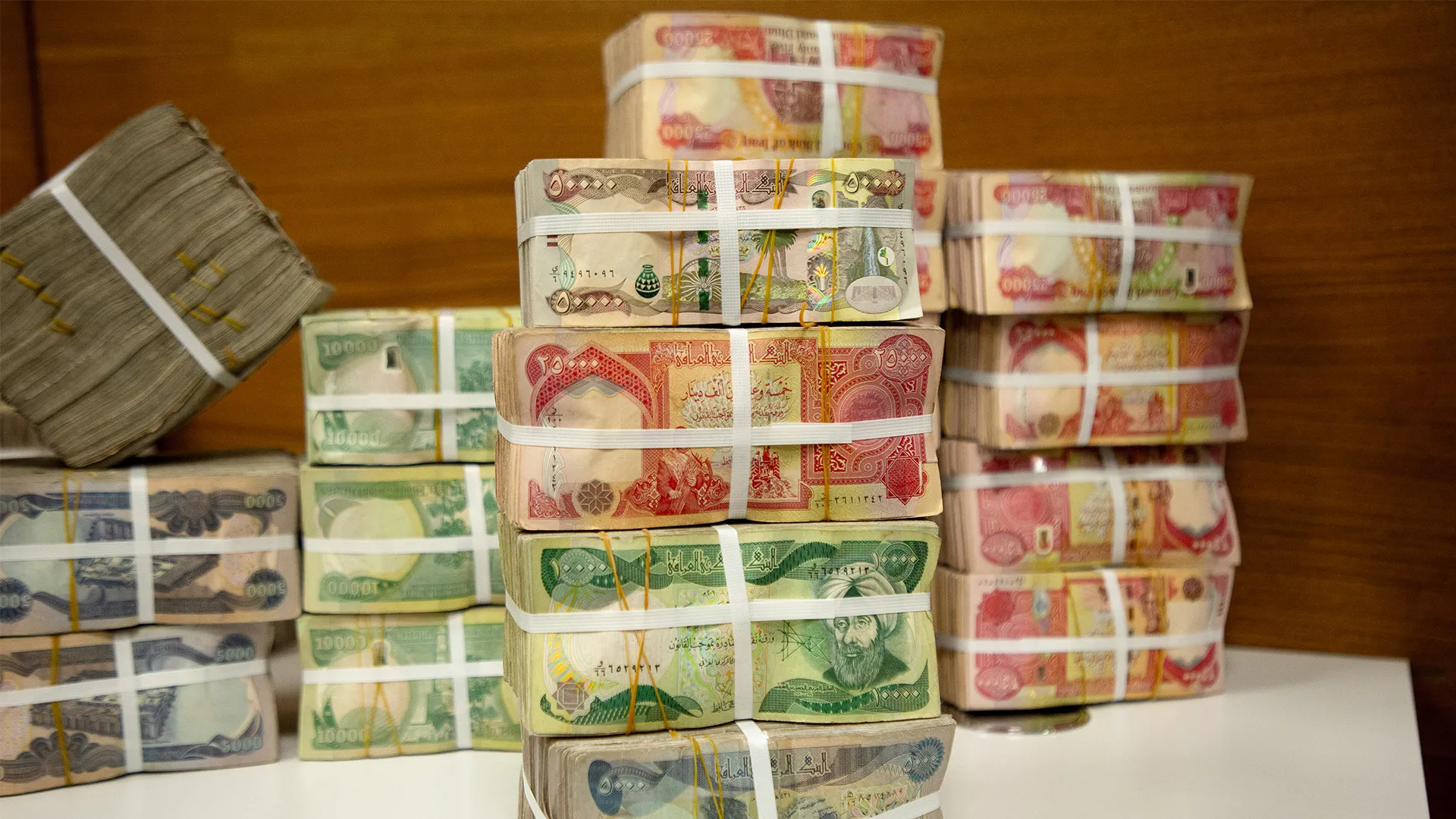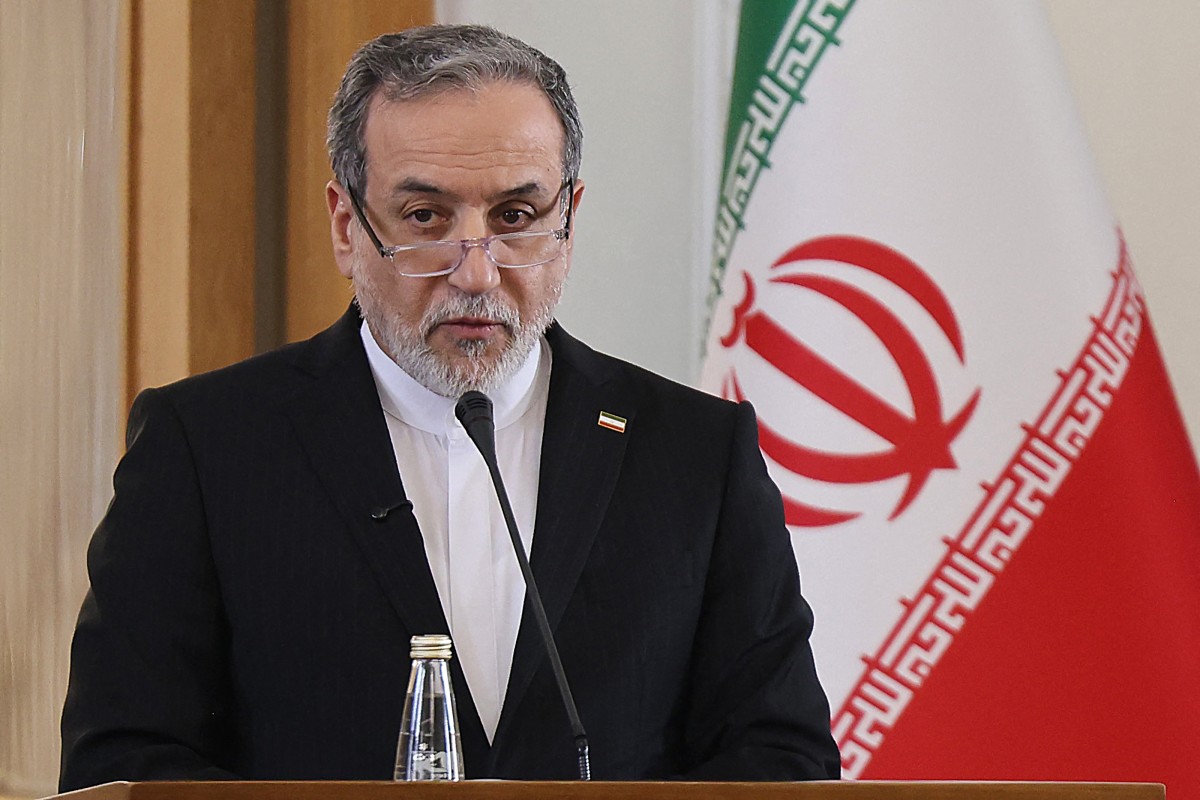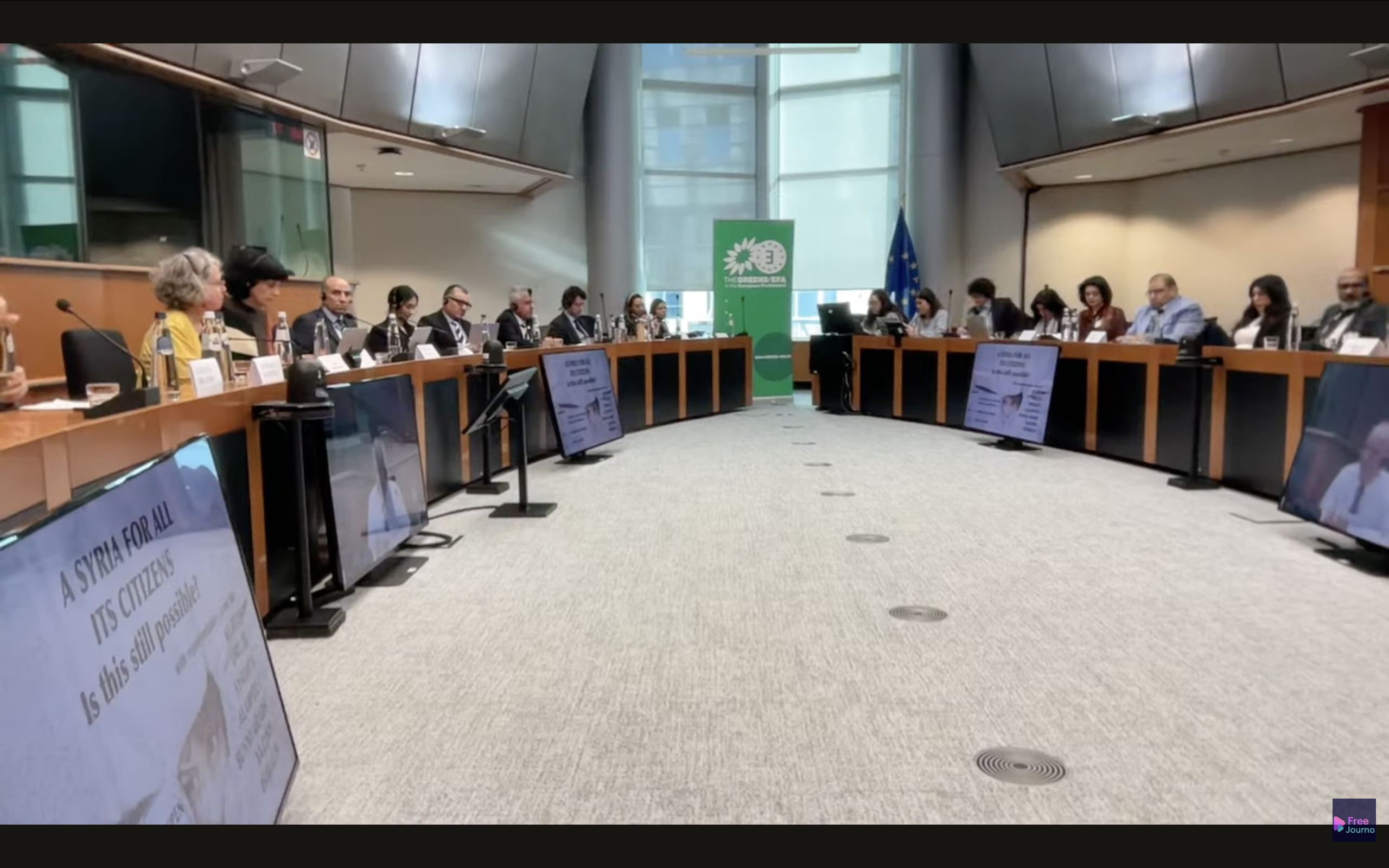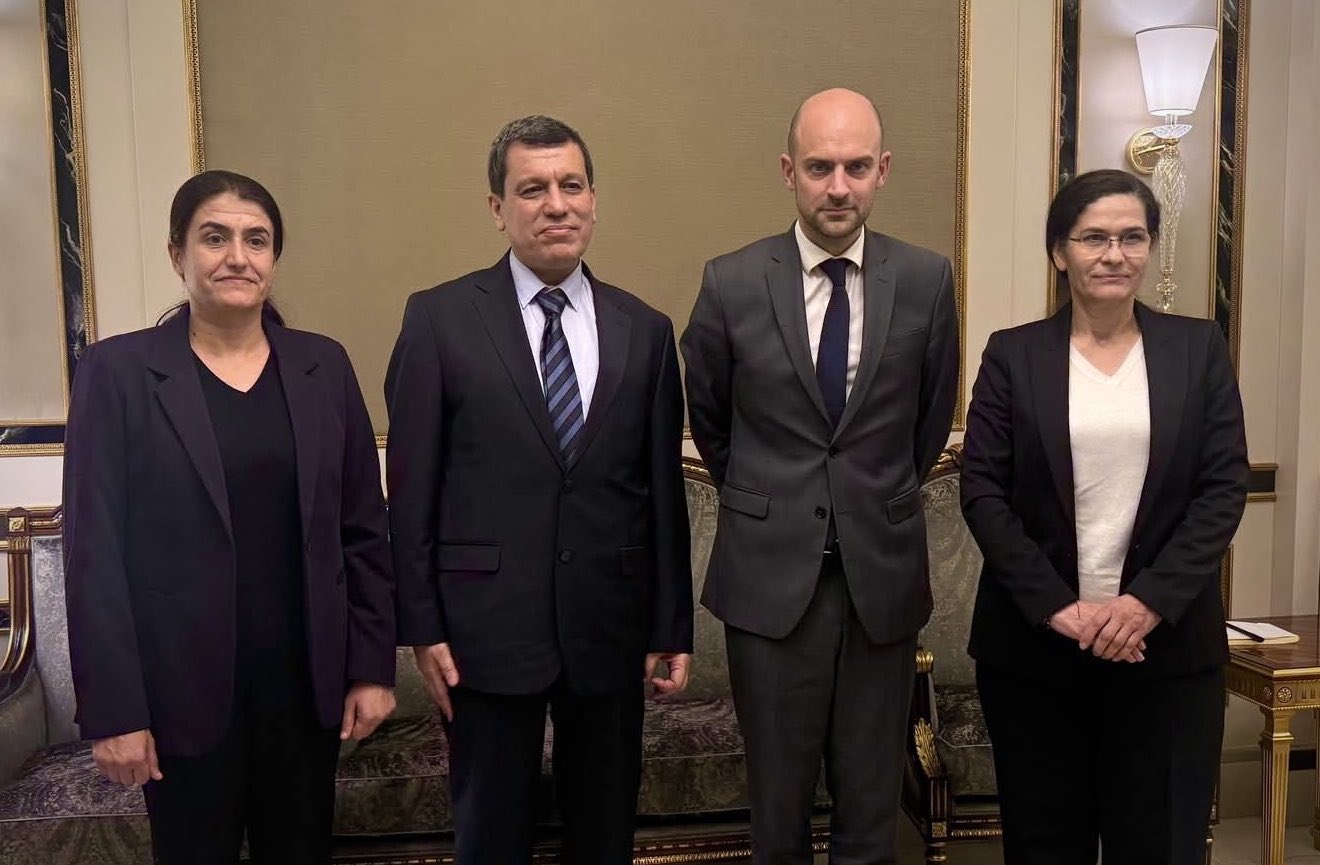A Decade of Unpaid Wages: Iraqi Kurdistan’s Salary Crisis

Since 2014, public employees in the Kurdistan Region of Iraq (KRI) have not received their full salaries on time. This has impacted hundreds of thousands of workers, including teachers, doctors, and security officers. What began as a budget dispute between the Kurdistan Regional Government (KRG) and the central government in Baghdad has evolved into a major crisis. Political mistrust, war, low oil prices, and mismanagement have worsened the situation, prolonging it for over a decade.
A Decade of Unpaid Wages: Facts and Figures
As of 2025, government workers in Kurdistan will have endured ten years of irregular and incomplete salary payments. A June 2025 report by Draw Media revealed that during 62 out of 120 salary months between July 2015 and June 2025, a little more than five years, workers did not receive full salaries on time. In 18 months, no salaries were paid, while 34 months saw partial payments. For 10 months, workers received wages with 21% and 18% cuts. Were salaries paid, they were delayed and diminished in value by inflation and debts. The total salary debt owed by the KRG now exceeds 23 trillion dinars (approximately $15 billion USD). This includes frozen promotions and raises. Many KRG employees have effectively lost several years of income.
The crisis has profoundly impacted Kurdish society, since most families rely on government jobs. In recent months, hundreds of teachers in Sulaymaniyah and Halabja went on hunger strikes, setting up tents near the UN office—another chapter in a decade marked by worker protests.
The “Golden Era”: 2003–2013
After the U.S. invasion of Iraq in 2003, the Kurdistan Region entered what some called an economic “golden era”. At the time, the KRG received a fixed 17% of the national budget until 2014. Foreign investments flooded in, accelerating economic development and improving living standards. Oil discoveries and contracts with foreign companies brought billions into the region. According to an April 2022 estimate by Mullah Yaseen, spokesperson for the Kurdish Investors’ Union, there were 10 billionaires and 8,000 millionaires in the Kurdistan Region. Kurdistan was marketed as the “Other Iraq,” a stable and more prosperous part of the country.
Asserting “Economic Independence”: The 2014 Budget Cut
By 2014, Kurdish leaders began advocating for “economic independence” from Baghdad. They aimed to control oil exports directly and keep the revenue for their region. The KRG built the Kirkuk-Ceyhan pipeline to Turkey and began selling oil independently, bypassing the State Oil Marketing Organisation (SOMO). In response, then-Iraqi Prime Minister Nouri al-Maliki stopped sending the KRG’s federal budget share—a move whose impact KRG Deputy Prime Minister Qubad Talabani described as a “tsunami”.
With the budget halt, the KRG lost funding to pay its large number of public employees, which, according to the Kurdistan Region Statistics Office, amounts to more than 50% of the population. The situation worsened in mid-2014 when so-called Islamic State (ISIS) attacks caused around 2 million refugees and internally displaced persons to flee to Kurdistan. Falling global oil prices hit the region—Brent oil dropped from $108 in early 2014 to $57 per barrel by the end of the year, losing nearly 50% in value. By the end of 2014, the KRG could no longer pay salaries on time or in full. Instead of achieving economic independence, Kurdistan entered a period of austerity, debt, and financial crisis.
Crisis and Unpaid Salaries: 2014–2017
From 2014 onward, delays and cuts in salaries became the norm for approximately 1.2 million government workers in Kurdistan. The KRG implemented a so-called “salary saving system,” paying only part of the salary while keeping the rest as debt. This controversial strategy sparked strong opposition from public employees, leading to prolonged protests. By 2016, the government was months behind in payments, and teachers, health workers, and civil employees escalated protests. Kurdish security forces’ violent response led to deaths and injuries.
Opposition parties such as the Gorran Movement, the Kurdistan Islamic Union (KIU), and the Kurdistan Justice Group (KJG), accused the ruling parties, especially the Kurdistan Democratic Party (KDP), of corruption and mismanagement during the oil boom. By 2020, Qubad Talabani stated that the region had accrued an estimated $28 billion in debt, blaming the federal government for a “failure” to “allocate correctly the budget of the Kurdistan Region”. The Kurdish economy was collapsing under the pressure of budget cuts, war, and declining oil prices.
The 2017 Referendum and Its Aftermath
In September 2017, despite warnings from Baghdad, neighboring countries, and the U.S., the KRG, led by former president Masoud Barzani, held a controversial independence referendum. Over 90% of voters supported independence. But on October 16, Iraqi forces regained control of Kirkuk and other disputed territories, including oil-rich areas controlled by Kurdish peshmerga forces after the Iraqi forces had abandoned these when ISIS attacked.
With Kirkuk and other territories, the KRG lost nearly half of its oil resources
With Kirkuk and other territories, the KRG lost nearly half of its oil resources. Additionally, the federal government temporarily banned international flights to and from Kurdistan. Oil exports through Turkey were frozen for months. In July 2019, an official in the KRG’s Ministry of Planning stated that 3,500 projects, valued at $4 billion, were halted.
In early 2018, Baghdad and Erbil relaunched talks under international and local pressure. Baghdad resumed some budget transfers, including for salaries, and the KRG agreed to pause the independence process. However, trust between the two sides remained low.
The Blame Game
The crisis stems from ongoing political issues between Erbil and Baghdad. Kurdish leaders argue that Baghdad has not honored financial agreements, weaponizing the budget to exert pressure on Kurdistan. KRG officials contend that since May 2023, Baghdad has imposed unfair and unrealistic conditions on oil transfers in exchange for salaries. On July 3, 2025, KRG Minister of Endowment and Religious Affairs, Pshtiwan Sadiq, stated that the KRG met its obligations under the 2023 deal, including oil transfers, but Baghdad had failed to deliver funds.
Similarly, Kurdish MP Shwan Kalary, a member of the KDP in the Iraqi Council of Representatives, argues that powerful parties in Baghdad, some backed by armed groups, oppose the federal system and want to re-establish central control. “They want to treat the Kurdistan Region as just another province,” Kalary told The Amargi. “Through economic punishment, they aim to obstruct its progress in every area.”
Accusing the federal government of systematically violating the constitution, he highlights Article 140, which requires resolving disputes over territories by 2007, as one of many unfulfilled legal obligations. “If this article had been implemented on time, the Kurds would not have any lingering issues with Baghdad,” he said, stressing that Baghdad had failed to enact the long-awaited oil and gas law, instead annulling the Kurdistan Region’s oil law without proposing an alternative.
Meanwhile, officials in Baghdad, along with some Kurdish opposition groups, argue that the KRG is not adhering to the law, including sending 400,000 barrels of oil per day and all border customs revenues to Baghdad. Last year, Kurdish MP Dara Sekaniany from KIU, claimed that the main reason for the salary issue was both parties’ lack of compliance with court decisions. He added that, legally speaking, there were no issues with the Kurdistan Region salaries, but that “administrative and technical obstacles” were created. These include disputes over the accuracy of the KRG’s payroll lists, disagreements on a unified payment system, and Baghdad’s insistence on full auditing of all revenues.
A Crisis in Need of Resolution
A decade of unpaid salaries has turned Kurdistan’s economic boom into a distant memory. People struggle to pay bills and plan their futures. While legal solutions exist, the problem lies in the lack of political will. Iraq’s highest court ruled that Baghdad must ensure salary payments, even amid disagreements. That decision remains unimplemented.
The only solution is to detach Kurdistan’s salaries and livelihoods from political and legal disagreements between the two governments
Kalary stresses that the first step lies in separating salary matters from political conflicts. “The only solution is to detach Kurdistan’s salaries and livelihoods from political and legal disagreements between the two governments,” he said. “Employees should receive their salaries on time, just like other Iraqi employees.”
Until then, public workers in Kurdistan will continue to wait month after month. A solution could bring not only economic relief but also hope for a new phase of cooperation in Iraq. For now, the people of Kurdistan pay the price for a conflict they did not create.
Rebaz Majeed
Rebaz Majeed is a Kurdish journalist, researcher, and photographer based in Berlin whose work bridges conflict reporting, academic inquiry, and digital fact-checking. He has covered politics, migration, and security in Iraq and the Kurdistan Region for Voice of America, and later worked with Lead Stories as TikTok’s fact-checking partner for the MENA region, specializing in misinformation and digital verification. His research has explored gender, violence, and political dynamics in Iraq. A polyglot journalist, Rebaz holds a BA in International Studies from AUIS and an MA in Interdisciplinary Studies of the Middle East from Freie Universität Berlin.



